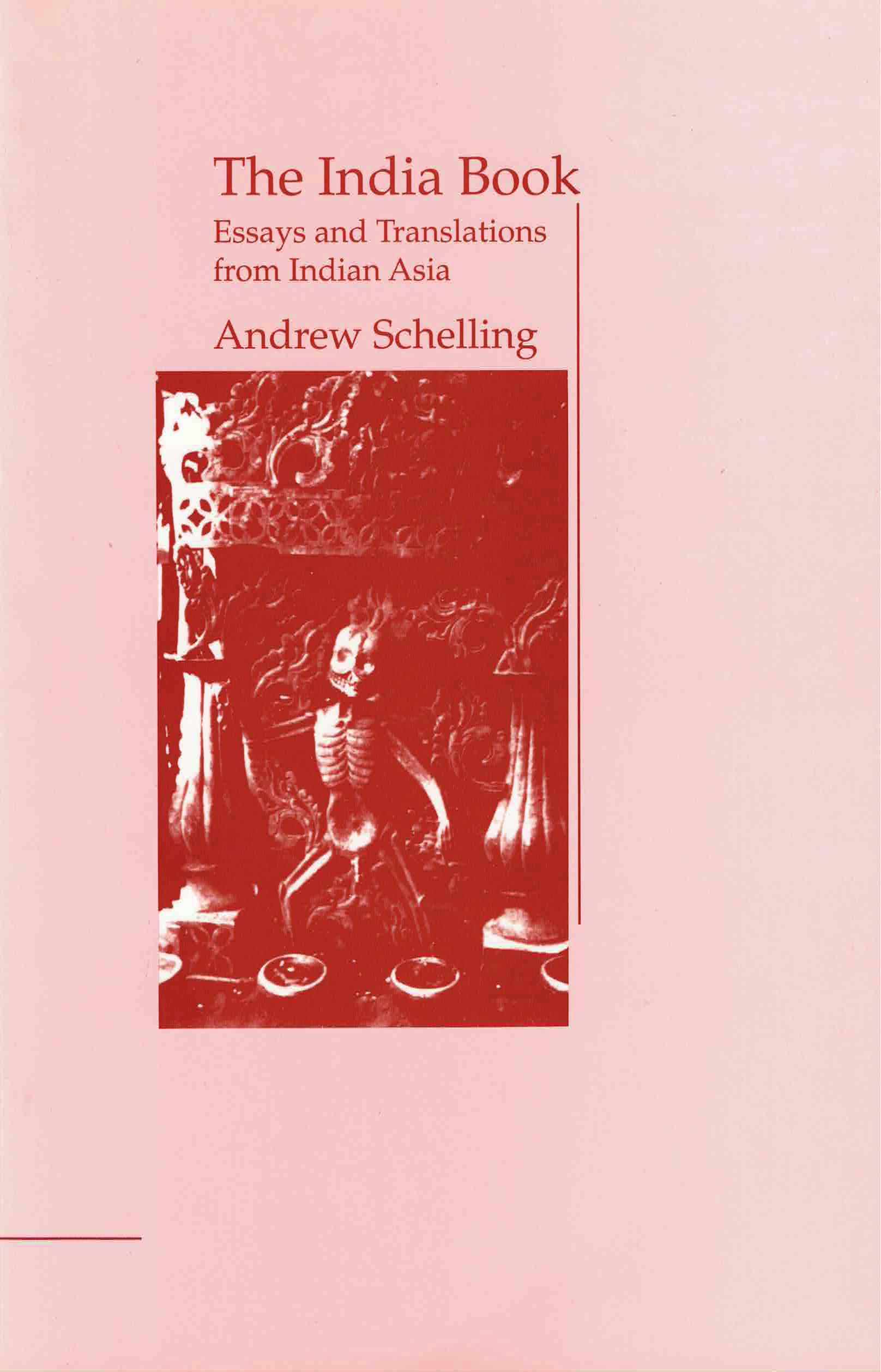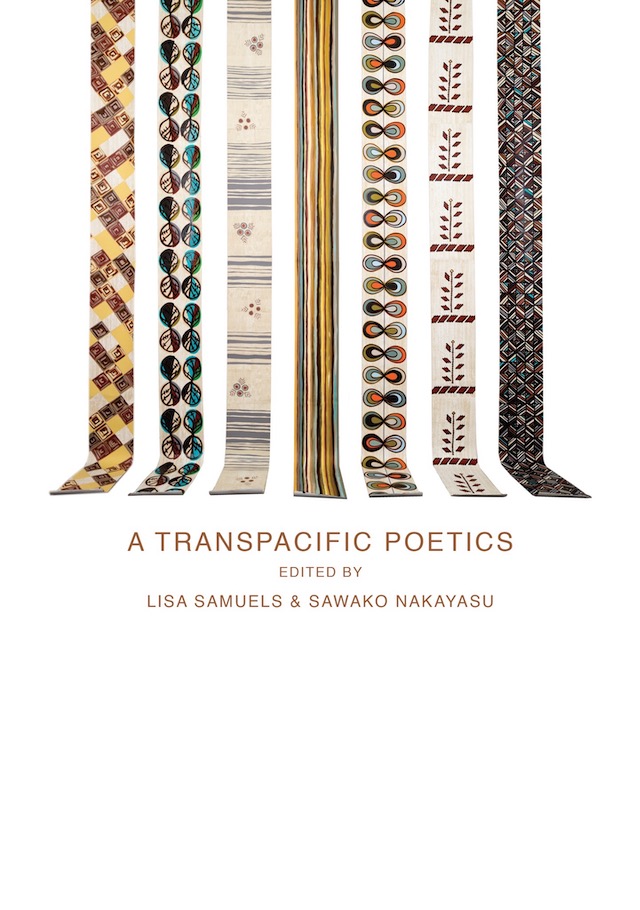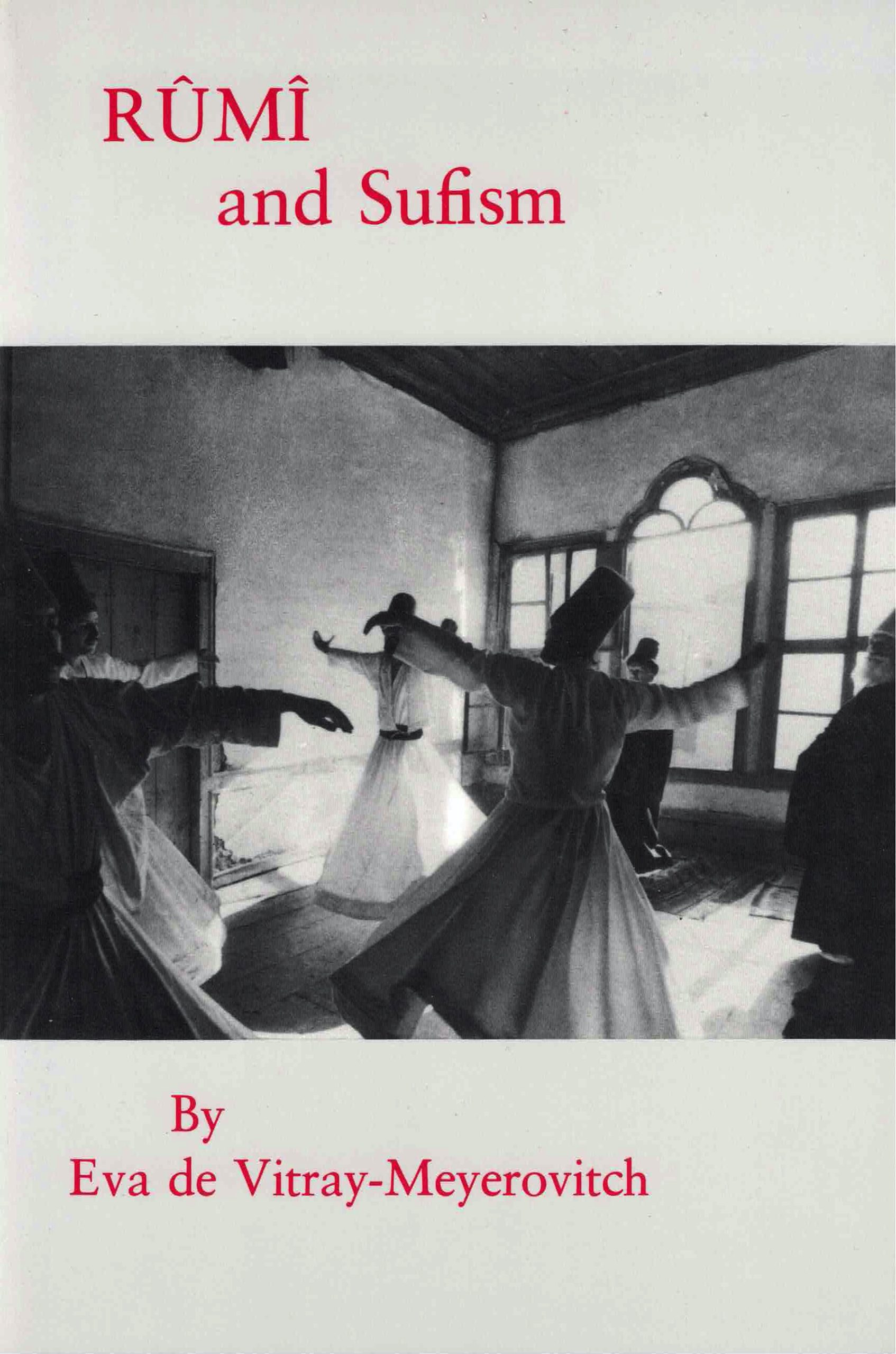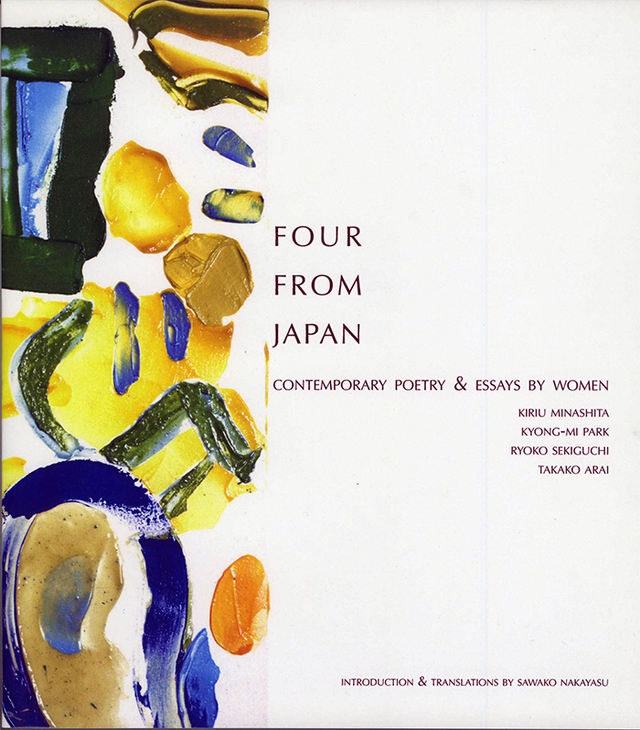Essays about the poetry, music and culture of ancient and modern India creating a context which draws this tradition into relation with contemporary American poetics and social views (such as ecology). The essays are interposed with translations from Sanskrit of erotic, Buddhist, and Hindu poetry which are enriched by the essays and also illuminate them.
Andrew Schelling
Praise for The India Book: Essays and Translations from Indian Asia
Through the century of avant-gardist expeditions to the world’s poetries, Sanskrit has generally been ignored, or left to the Indologists. Andrew Schelling is, incredibly, the first American poet to go deep into the territory, and his translations and essays are, at last, opening the gates between experimental writing and that paradise of texts. Who knows how this will alter our own work?
— Eliot Weinberger
Here is a sudden opening into a little-known world of poetics and an exquisite spiritual ferocity. Schelling works with Indic linguistic traditions, the art of translation, and the roots of art. The intersection of spiritual practice and our dancing universe is provisionally mapped here. This book is a tiny sip of some elder traditions that are nourished on essential fluids. Taste it.
— Gary Snyder





I’m drawn to terms like the controversial Sanskrit sandhya-bhasha, “twilight speech.” There’s a comparable term used for Kabir’s work, ulatbamshi, “upside down speech.” The implication is that poetic language works in complex, a-logical ways. It’s hidden in shadows, it’s night-time language, it’s speech inverted, it uses sound and sense in unpredictable ways. There’s nothing new in this—think of Paul Celan, or Robert Johnson. Emily Dickinson said “tell all the truth but tell it slant.” Every culture knows that poetic language is ordinary speech heightened, polished, slanted, crafted, inverted.
— Andrew Schelling, interview at Rain Taxi